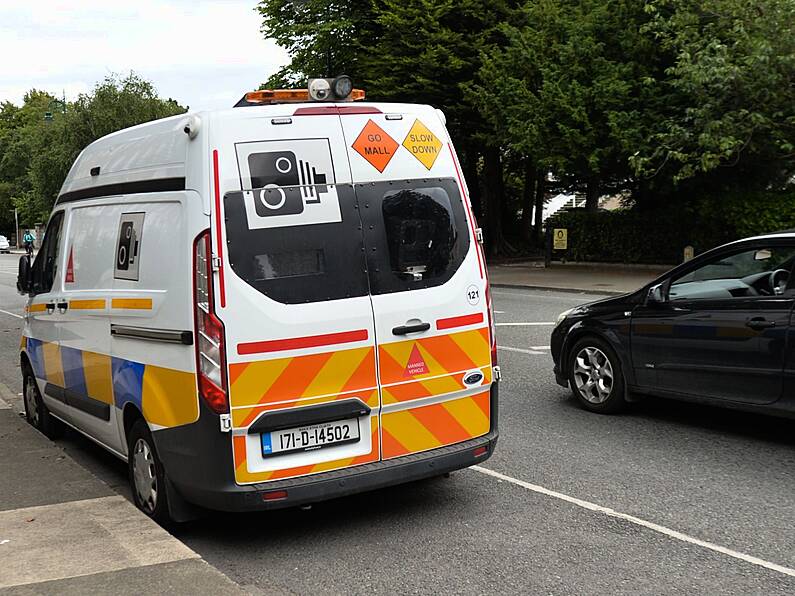By Gordon Deegan
A coffee house and restaurant here has been ordered to pay a sacked assistant manager €15,000 after it was found to have discriminated against her when sacking her while pregnant.
In the case at the Workplace Relations Commission (WRC), WRC Adjudication Officer, Ewa Sobanska found that the coffee house discriminated against its pregnant employee in failing to afford her with the opportunity to return to work after a period of illness while she was pregnant.
The WRC has made the award in spite of the coffee house manager stating that during her 25-year career with the business there were about 22 babies born to staff members and there has never been any discriminatory treatment.
The business employs 22 staff and the complainant in the case told the WRC that she commenced work with the coffee house as an assistant manager on May 15, 2017.
The woman became unwell and obtained a sick cert from her GP from July 7, 2017, until August 21, 2017.
She was unfit for work “due to medical illness” and “due to migraines” and she stated that on July 22, 2017, she informed the coffee house manager that she was pregnant.
She stated that the coffee house manager was happy for her, congratulated her and was nice and polite.
The worker said that she was told to take as much time as she needed and come back to work when she was fit.
The assistant manager said that she met with the manager on August 22, 2017, and advised that she was now fit to return to work.
At the meeting, the assistant manager asked if it would be possible for her to start work at 9.15-9.30am and not at 8am as done previously.
She said that her family circumstances had changed and she was now required to drop her son to school every morning.
The assistant manager met again with her manager on August 24 and was told that circumstances had changed and the coffee house was letting her go as she was no longer flexible and she did not pass her probationary period.
The assistant manager was surprised to hear that as she was not informed about the probationary period.
She pointed out that she had been seven years in her previous job and would not have left it had she known about the probation.
The coffee house denied that the assistant manager had been dismissed due to her pregnancy and said she was dismissed because she was no longer flexible in terms of hours of work.
As a mother of five, the manager told the WRC hearing that she understood that work might become more difficult for the assistant manager as the pregnancy progressed.
The manager said that she informed the assistant manager on August 24 that because she was not available for work as per arrangements discussed at the interview, the company needed to let her go.
The manager stated that her colleague’s request to alter her hours of work was not related to her pregnancy.
In her findings, Ms Sobanska found that following the assistant manager’s attempts to return to work after a period of sick leave the decision was made by the coffee house “rather swiftly” to dismiss her.
Ms Sobanska noted that the assistant manager requested a ‘termination letter’ and asked for a reason for dismissal but was not given one.
Ms Sobanska stated that despite the coffee house’s earlier offer of part-time or other flexible arrangements, following the assistant manager's request on August 22, the employer made no effort to consult with the employee and explore the matter further.
Ms Sobanska also stated that it is well established both on the European and national level that an employer must show that the dismissal was on exceptional grounds not associated with pregnancy.
She said: “Having regard to the totality of the evidence before me I am of the view that the Complainant has made out a prima facie case of discrimination on the gender ground.”
Ms Sobanska said as the employer was unable to provide exceptional circumstances - not related to the woman's pregnancy - as to why she was sacked, she would make the €15,000 award in favour of the worker.






